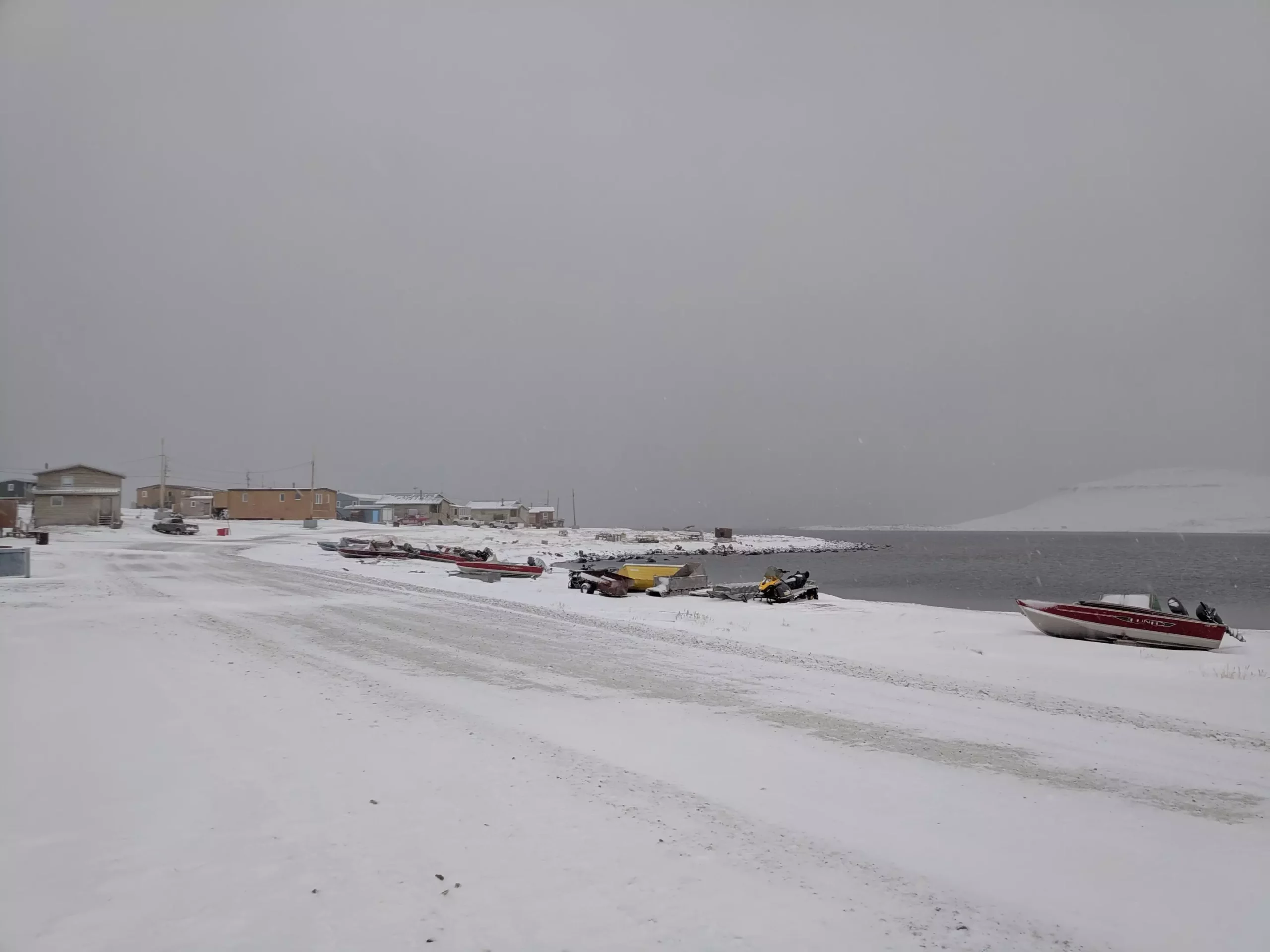In an age where climate change is reshaping our world, the focus on sustainability is more critical than ever. One powerful solution lies in prioritizing local food production over imports. Recent research from the Inuvialuit Settlement Region in the Canadian Arctic highlights how emphasizing local food sources can lead to remarkable financial savings and reduced carbon emissions. As communities grapple with the realities of climate change, understanding the benefits of local food systems cannot be overstated.
The Financial Benefits of Local Harvesting
A groundbreaking study conducted by the Max Planck Institute for Evolutionary Anthropology in collaboration with the Inuvialuit Regional Corporation reveals that local food systems could save over 3.1 million Canadian dollars annually. This data doesn’t just illustrate a cost-saving measure; it underscores a transformative shift in food economics. By relying on locally harvested food instead of importing substitutes, communities can redirect their financial resources towards strengthening local economies and food security.
The findings make it clear: local food harvesting is not merely a quaint practice but a progressive economic strategy. By reducing dependence on pricey, often carbon-intensive imports, more funds can be funneled into community development and resilience. This creates a cycle where local farmers and harvesters thrive, enhancing the region’s self-sufficiency and reducing vulnerability to external economic shocks.
Carbon Savings: A Crucial Imperative
Beyond the financial implications, the environmental benefits of local food systems are equally compelling. The study indicates that switching from locally sourced foods to imported market substitutes could lead to a staggering increase of over 1,000 tonnes of CO2 emissions annually. This revelation is crucial for policymakers, as it highlights the direct correlation between local food production and lower carbon outputs.
By utilizing local resources, surrounding ecosystems thrive, and communities minimize their carbon footprints. The research highlights that even when fossil fuels are part of local harvesting, such as in gasoline use for transportation, local production remains less carbon-intensive than industrial food systems reliant on extensive supply chains. This insight paves the way for public discourse that favors the promotion of local food networks as a vital component of climate policy.
The Multilayered Role of Indigenous Communities
Indigenous communities in the Arctic embody a unique blend of traditional and modern economic practices. These communities often participate in mixed economies that incorporate hunting, fishing, and gathering alongside formal wage work. However, these informal economies frequently go unnoticed in official statistics, leading to a lack of representation in climate change policies.
The research meticulously highlights the intricate relationship between traditional food systems and contemporary climate challenges. As climate change accelerates, it becomes increasingly vital to recognize the contributions of Indigenous food systems. The cultural significance and ecological sustainability of these practices must be integrated into broader discussions on climate policies to ensure that local communities remain resilient and sustainable in the face of rapid change.
Climate Change Policies and Local Adaptation
One of the heart-wrenching issues emerging from the study focuses on the implications of climate change policies that ignore local food production. The introduction of carbon taxation in Canada exemplifies how these financial regulations can inadvertently strain local food harvesting by increasing fuel costs. The disconnect between high-level climate policies and the realities faced by remote communities can lead to misguided strategies that do more harm than good.
To avoid exacerbating these issues, policymakers need to craft initiatives that account for local food systems. Acknowledging the economic and environmental value of Indigenous and local food practices can ensure that climate change responses are not only effective but also equitable. This involvement of local actors in policy-making can lead to greater community engagement and more sustainable outcomes.
Building a Foundation for Future Research
The statistical modeling techniques developed in this research provide a robust framework for analyzing local food systems in other regions. As the global focus on sustainability strengthens, further studies can help integrate local adaptation strategies into climate change frameworks. By applying lessons learned from the Inuvialuit Settlement Region, other areas can also explore localized food production benefits.
The intersection of local food systems and climate response strategies should become a focal point for researchers, policymakers, and communities alike. It is clear that local food production offers not just an antidote to food insecurity and carbon emissions but also a pathway toward innovative economic resilience. By elevating local voices and practices in the climate discourse, we pave the way for a more sustainable and equitable future.

